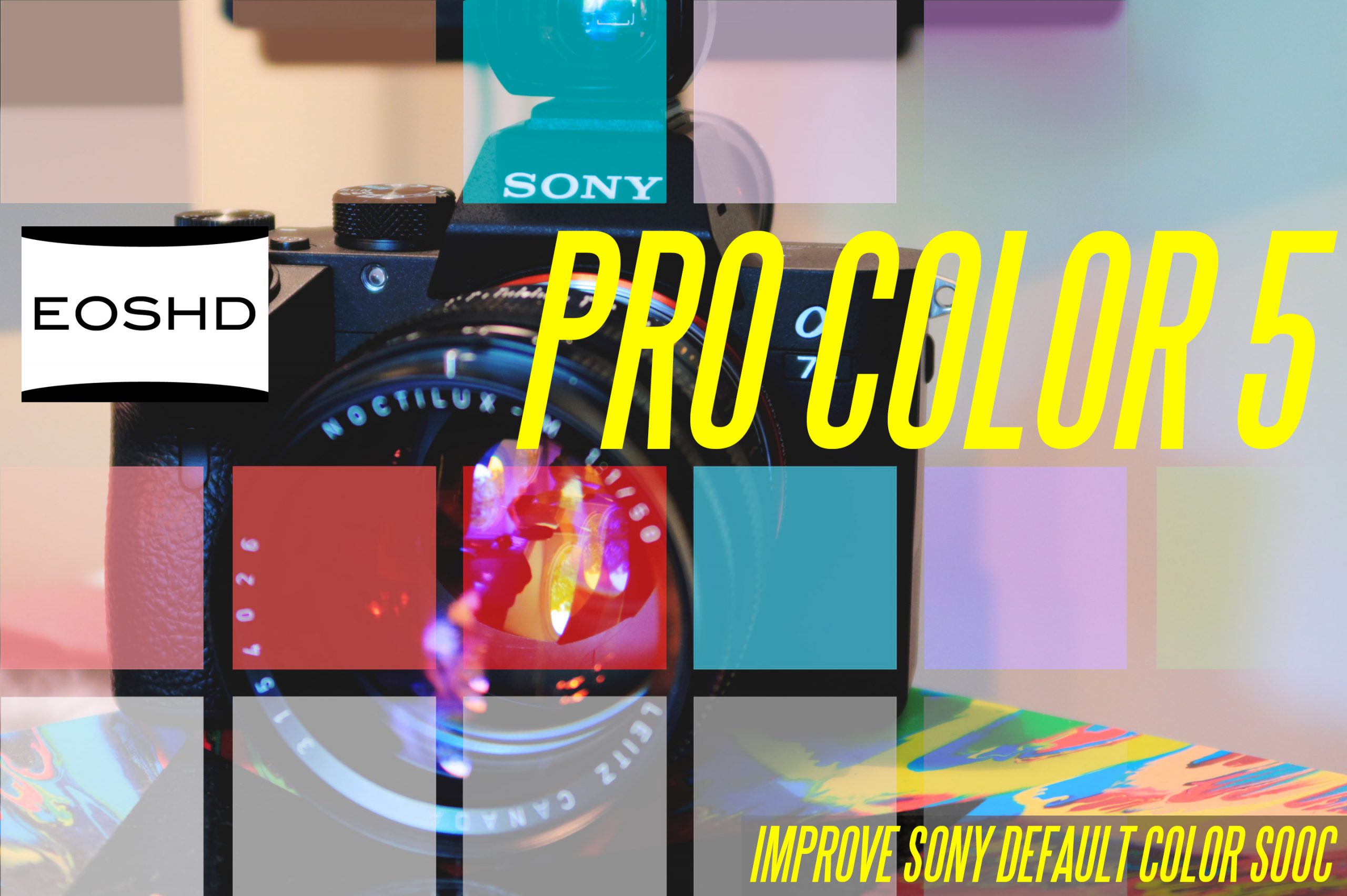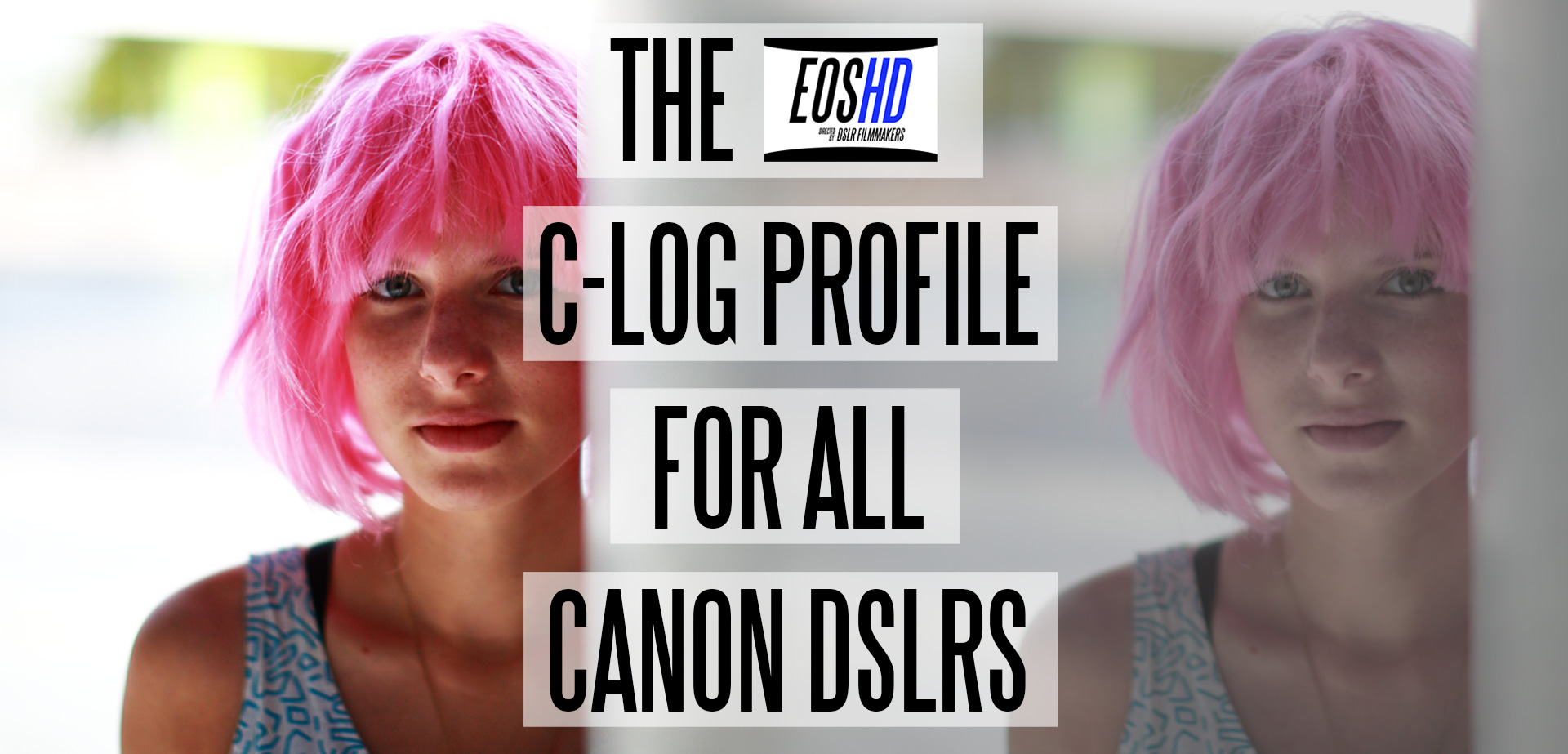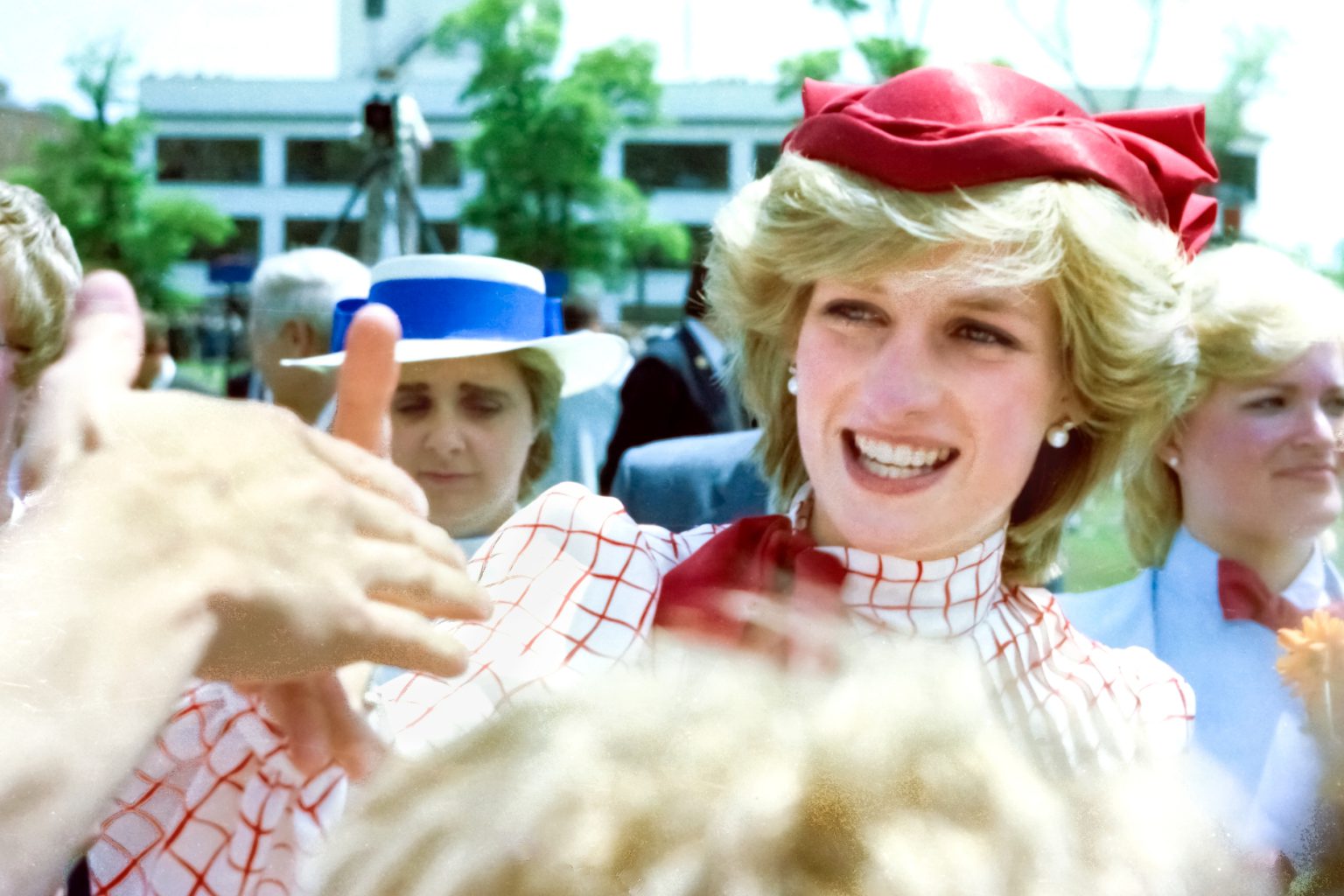
Photographers and tabloid paparazzi are said to have played a significant role in the death of Princess Diana in the 1990s. Now there are new revelations about the role journalists at the BBC played in her life and events leading to her death.
However, there is more to this story than meets the eye.
The hounding of Princess Diana is a shocking reminder of how photography can be used for evil, and the lengths the paparazzi would go to for a shot.
Pictures make stories, whether the story is true or not.
At the time in the mid-1990s, Princess Diana was in a relationship with film producer Dodi Fayed, son of the Harrods boss Mohamed. Since breaking away from the Royal Family, Princess Diana had come to suspect she was under surveillance and that the British secret services were keeping tabs on her.
She had come to believe that The Firm (The Royal Family) saw her as an inconvenience outside of their control, a threat to their reputation and damaging to the direct heir to the throne, Prince Charles.
A few years ago it was revealed in a hand-written letter to her then butler Paul Burrell in 1996 that Diana had concerns about a plot to have her killed in a car accident.
10 months later in August 1997 Diana was trying to evade a gang of 30 photographers outside her hotel in Paris where she’d been staying with her Muslim boyfriend Fayed, soon to be fiancé. The couple exited by the back door into a Mercedes W140 which sped at twice the speed limit down narrow Parisian streets into a tunnel. It was here, of all places, that the driver lost control and hit a concrete pillar. As Diana lay seriously injured at the scene, a gang of photographers arrived and started taking pictures of her dying in the backseat of the car.
It is alleged that other drivers at the scene of the accident were so enraged by the behaviour of the paparazzi, a photographer was beaten up.
Prince Harry recently said that the sound of camera shutters and the sight of a camera flash “makes his blood boil” and that he turned to drink and drugs because of the events surrounding his mother.
A history of tabloid abuse
As Harry was growing up, he himself received dismal treatment at the hands of tabloid photographers invading his privacy and newspapers like The Sun spinning a damaging narrative out of the photos they so unethically obtain, to this day.
This kind of photography gives all street photography a bad name and indeed tarnishes all documentary photography as an art form. It makes it feel wrong, an invasion into personal space.
And in my opinion what happened to Princess Diana can be seen as a kind of manslaughter by the British press.
Justified paranoia?
So there are many questions to be asked, but today it’s The BBC in the spotlight, not The Sun.
I believe Princess Diana had good reason to be afraid of the British press – and even the secret services.
Her death and the widespread public grief in the aftermath could have prompted the British government to do something about tabloid journalism and the kind of invasion of privacy that has ruined many more lives in the UK since. They did nothing, despite in recent years the best efforts of the Hacked Off Campaign with Hugh Grant, Steve Coogan and Max Mosley.
As far as I know Rupert Murdoch never answered to the police and tabloid paparazzi thugs have evaded reform for decades.
Governments have been running scared of their power for years and newspapers still have a knack for forming opinions in the minds of the easily led general public. What I think is happening now is that the government is seeking to deflect the focus of public anger away from Rupert Murdoch’s empire, and onto the BBC.
This is an organisation they see as a threat.
After all it was Rupert Murdoch’s papers (like The Sun) that helped get this government elected in the first place.
The tabloid press helped Brexit to succeed.
These newspapers hold real and unwavering power to this day.
The role of the BBC
In my opinion, the BBC is merely a scapegoat. The right-wing government in this country have for a long time pounced on every perceived slight of ‘impartiality’ at the organisation, purposefully hampering the political bite of news output. Even though it appears the BBC occasionally engages in tabloid-journalism themselves (which we will get to in a moment) I am positively sure the death of Princess Diana will be used as a hammer to dismantle real journalism and investigative reportage at The BBC.
At the same time nothing will be done about Murdoch.
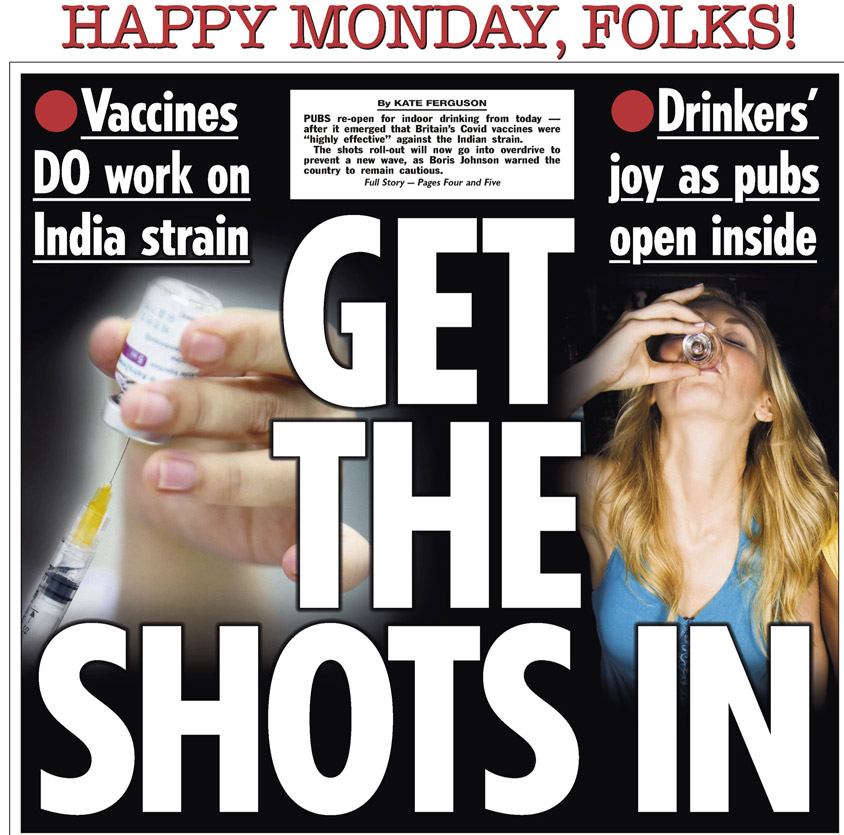
Be it 1997 or 2021, millions of British citizens don’t care or even realise how they are being played. Headlines cost lives. Be it suicide from a life or career destroyed, car crashes from trying to evade the camera or someone picking up coronavirus in a pub and spreading it around town.
When it comes to News International, even the phone hacking scandal at The News of The World, events will continue to recede in our memories as the BBC is dredged through the mud instead.
A terrifying power play
Although paparazzi photographers were a catalyst for the speeding car crash that took her life, it has come to light that the BBC themselves allegedly played a role in deceiving Princess Diana into a high profile interview, but the situation is complex.
Senior journalist Martin Bashir is alleged to have heightened her state of paranoia using forged evidence that he claims proved she was being watched; that people close to her were being paid off to give out information to News International and the British secret services.
This (at least in theory) is alleged to have played a big role in her agreeing an interview with the BBC expressing her fears. The big question for me, however, is whether her paranoia was in fact justified, or not.
Princess Diana was an intelligent woman, astute and sharp. She was well aware of what was going on around the acrimonious break-down of her marriage to Prince Charles. In my view she had every right to feel hunted. In my view, she had a right to be wary of the machinations of The Firm and the British secret services.
The power play between men at the top of the country.
It must have been terrifying.
Of course it seems natural that once tabloid journalists normalise deceit, that other news organisations would play by the same rules on the same playing field, and even the BBC might become complicit in it.
Martin Bashir of the BBC now admits to having paid a graphic designer to Photoshop bank statements shown to Princess Diana’s brother Earl Spencer to prove certain individuals close to her were being paid by MI6 and Rupert Murdoch’s News International to keep her under surveillance.
To be clear, this forgery is wrong – but it obscures several aspects of the story on the other side that just do not logically stack up for me.
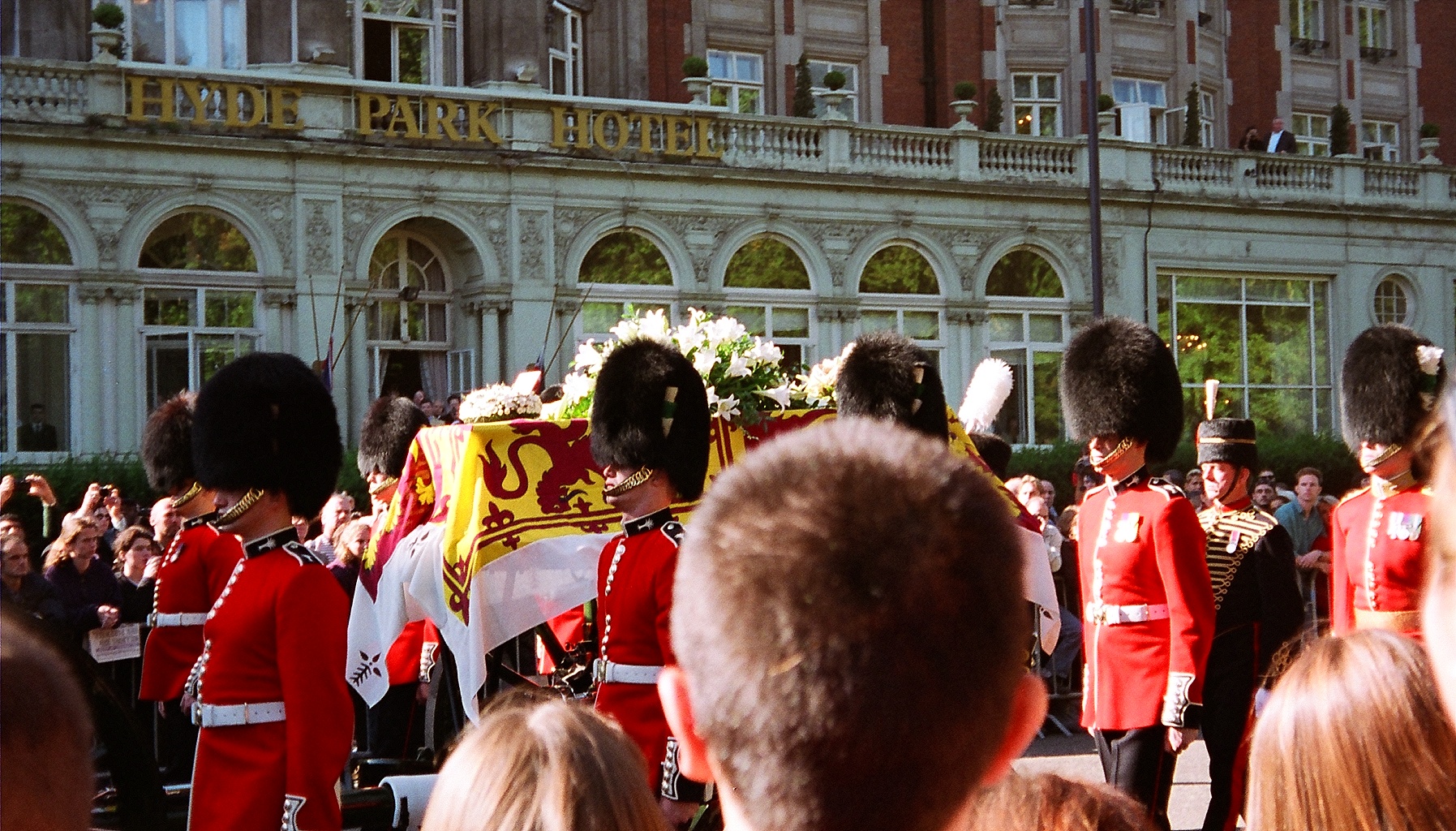
A professional driver
The very fact chasing paparazzi were a catalyst for the speeding getaway that caused her death, this is all the justification you need to realise Princess Diana was right to believe she was in danger.
On that fateful night in Paris at the wheel was a dependable professional driver, who is alleged to have consumed a cocktail of drink and drugs before the crash. For me it is deeply suspicious that a professional chauffeur at this level of his career would put his entire job on the line by knowingly consuming alcohol before a job. It is suspicious that the people around him that evening did not even notice him being incapacitated by drugs or alcohol in a hotel bar before getting behind the wheel. It just seems extraordinarily out of character. Were his food and drinks spiked?
There was another element in the getaway from the paparazzi and ensuing car chase: the presence of a white Fiat Uno.
Inquiries at the time into Princess Diana’s death concluded in an 833-page dossier that there was no conspiracy to have her murdered. The French detectives however found white paint on Diana’s car matching a Fiat Uno which was said to have fled the tunnel in the aftermath of the crash. The French Police also found a rear tail light from the same Fiat at the scene.
What wasn’t revealed until around 2012, was that the white Fiat Uno was rushed in for an urgent respray the same night. The father of the alleged driver of the Uno claims the car was repainted red and that his son returned home from his job that evening as a night-time security guard in a ‘frightened and bewildered state’ – unable to tell his father what was troubling him.
There is something equally odd about the current government response of Boris Johnson to the Martin Bashir revelations around Princess Diana’s interview at the BBC. It seems to me they are seeking to exploit the BBC 110% as a scapegoat in order to further obscure what really happened – and using it to even further clamp down on real journalism at the organisation.
Any risk of any journalism taking place that exposes wrongdoing and negligence at the heart of government is a concern to Boris Johnson, himself an ex-journalist, and someone who understands the power of the press. This is in my opinion a government that has practically bankrupted the United Kingdom. In one incident £37 billion was squandered on a single government scheme (the failed COVID track and trace system). That’s a lot of money to pay for an iPhone app, a database and a system of phone calls.
So the less independent journalism, then, the better?
When Princess Diana expressed her concerns in the 1990s, nobody in a position of power listened, not least allegedly in the Royal Family.
Alas this is the same family that her son Prince Harry says were silent and inactive when he asked for help in recent years, and whom he alleges ignored calls for help from his wife Meghan who is the current subject for tabloid humiliation and clickbait.
Spooking the spooks
Was Princess Diana, as seems likely to my mind, really under surveillance by the state and tabloid press? It has long since been proven that News International organisation hacked the voicemail of a murdered schoolgirl, so you cannot rule anything out.
The British secret services have always sought to protect the reputation of the Royal Family.
Although Martin Bashir admits to forging bank statements he claimed proved payments took place, many people including myself believe that such payments did in fact take place in some form and that the secret services were increasingly interested in putting Princess Diana under their watchful gaze – along with the tabloid newspapers who stood to profit heavily from hounding her too.
What really could have changed though is the willingness for Diana to speak to the media and do television interviews where she expressed her mental health concerns and fears publicly.
It is possible that the British secret services felt Diana was becoming wise to their activities and that if any scheme to have her under close surveillance or worse came to light on national TV direct from Princess Diana, the harm caused to the Royal Family and British state would be unimaginable.
This willingness to speak out, in my opinion probably accelerated any alleged plot to silence her.
Flagship BBC news reporter Martin Bashir at the time was able to win the trust of Princess Diana and her bother Earl Spencer. The allegation is that he was in many ways confirming in Diana’s mind that her concerns about surveillance were valid. Earl Spencer became suspicious of Bashir as negotiations over an interview continued, but the BBC reporter knew how important it would be for Diana to have her say.
If certain powerful figures had all the inside information of her life, not only could the disgusting paparazzi watch her through a camera lens at every turn, the same information could be useful to the state. The events surrounding the crash continue to haunt me. In my view, they just do not stack up.
What people fail to see is that even if Bashir had to reproduce evidence by forging it, it does not mean similar evidence never existed.
During his career at The BBC, Bashir was a talented investigative reporter.
In that interview, the Princess claimed to be deeply unhappy in her life, and that “there were three of us in this marriage”. These were her words, not his.
It was the first real glimpse the British public got of her jeopardy. Even in hindsight it seems obviously wrong for Bashir to forge evidence in order to gain her trust, it doesn’t diminish what Princess Diana said in her interview with him.
If the disgusting Tory government are trying to finish some sort of coverup by casting doubt on that famous interview, I wouldn’t be surprised in the least bit. It could be that Diana’s openness spooked the spooks. If more was ever to come out in a BBC interview, the Royal Family would be finished.
To have accusations from a much loved public figure like that – even revelations that The Firm would plot to murder her – Well, it really would be beyond the pale.
If this were to come out, even if there were any signs at all, it had to be prevented by any means necessary… even now.
Princess Diana wrote in a letter following the interview that she was happy to have done it.
She had no reason to regret it or to believe she was being mislead by false information out of Martin Bashir. She herself believed in more besides, and had presumably seen her own evidence to back up such suspicions.
So when you hear the government launch a widespread review into journalism at the BBC, remember who might be the real villains of the piece (the tabloids and the state) and what the real intentions are.
In the early 1990s I once met Princess Diana as a schoolboy. I remember it vividly. Waving flags, bright colours. The country lost an icon forevermore that bleak day of her death in 1997. Her legacy of doing good and speaking truth to power would have lasted decades.
Power, mostly male, did not like it.
Further reading: About the Martin Bashir interview, at the BBC

